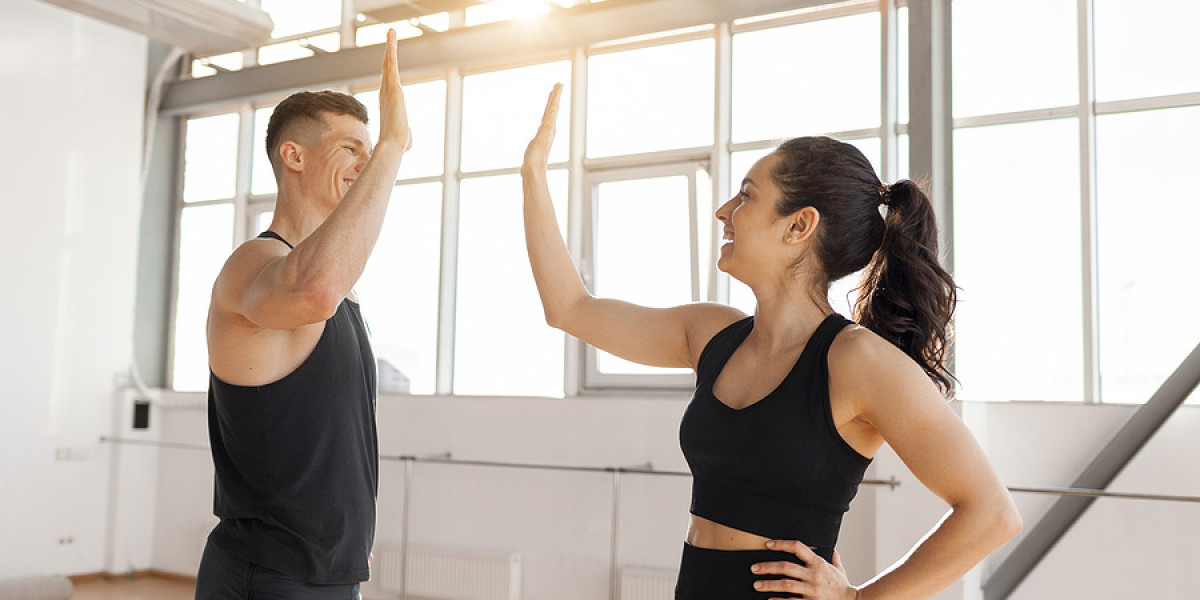The Mental Game Behind the Physical Game
As someone who enjoys keeping up with sports and wellness, I’ve always been interested in how athletes train. For a long time, the focus was mostly on physical conditioning—how much an athlete could lift, how fast they could run, or how intense their workouts were. But now, there’s a growing awareness that what’s happening in the mind is just as important as what’s happening in the body.
That’s where sports psychology comes in. More athletes are turning to mental training to get an edge in their performance. Whether it's managing stress before a big game, staying focused during intense competition, or recovering mentally from a loss, sports psychology offers real, practical tools that athletes are now using daily. And for me, it’s been fascinating to see how these mental strategies are showing up in real-world results.
What Pushed the Shift to Mental Training
I first started noticing the mental aspect of sports when some of my favorite athletes started talking openly about their routines. It wasn’t just about what they ate or how they trained—it was also about how they prepared mentally. Many of them shared how working with sports psychologists helped them stay focused and confident during high-pressure moments.
The shift happened gradually, but now it feels like a core part of high-level competition. Mental skills are being trained and practiced just like physical ones. And when I think about my own routines, I see the connection. Even something like choosing how I relax or unwind—whether I pick up a book, go for a walk, or vape nicotine to take the edge off—shows how much mental habits shape the way we perform, no matter what we’re doing.
What Sports Psychologists Actually Do
Sports psychologists work with athletes at all levels to improve mental toughness, focus, and emotional control. They’re not just there for when things go wrong—they help athletes build routines that lead to better performance every day. I was surprised to learn how broad their role can be.
1. Goal Setting and Visualization
One of the main tools sports psychologists use is goal setting. They help athletes define specific, measurable, and realistic goals, then map out a plan to reach them. Visualization is often added to this process. Athletes mentally rehearse their performance, which helps build confidence and focus.
Helps athletes stay motivated over the long term
Breaks large goals into smaller, manageable tasks
Reinforces positive performance through mental repetition
2. Managing Pressure and Stress
Pressure is a big part of competitive sports. Whether it’s a major championship or a local tournament, nerves can impact performance. Sports psychologists teach relaxation techniques like deep breathing, progressive muscle relaxation, and self-talk.
Reduces performance anxiety
Increases focus under pressure
Builds emotional resilience
3. Building Confidence and Self-Belief
Confidence isn’t just about winning. It’s about trusting your preparation and skills. Sports psychologists help athletes stay positive and handle setbacks without losing momentum.
Supports recovery from losses or mistakes
Encourages positive thinking patterns
Reinforces consistency in performance
4. Enhancing Team Communication
For team sports, psychology also plays a role in group dynamics. Good communication and shared mindset can boost performance and reduce friction between players.
Builds stronger team cohesion
Improves cooperation during competition
Encourages leadership and accountability
How Athletes Are Responding
What I find interesting is that more athletes are now comfortable talking about the mental side of training. In the past, working with a psychologist might have seemed like something you only did if there was a problem. Now, it’s recognized as a smart way to stay sharp and prepared.
Athletes from different sports—tennis, basketball, football, even Olympic disciplines—are openly crediting sports psychology with improving their focus and helping them stay calm under pressure. Their interviews and documentaries often mention mental strategies as much as physical routines.
It reminds me of how habits in one area can influence another. Just like how I found a smoke shop near me that carried quality gear to support a smoother experience, these athletes are finding trusted experts who guide them toward consistent mental performance. The right support makes all the difference.
Real Results Backed by Science
There’s real data behind why sports psychology works. Studies show that mental skills training can improve performance, reduce injury recovery time, and increase athlete satisfaction. When the mind and body are aligned, athletes are more likely to perform at their best.
Researchers have also found that even a small amount of mental training—like 15 to 30 minutes a day—can lead to measurable improvements in accuracy, decision-making, and reaction time. That’s encouraging, because it shows you don’t need hours of therapy or intense sessions. A little focus on mental readiness goes a long way.
Coaches are also getting trained in these techniques so they can support athletes better. That integration means the strategies become part of the daily routine, not just something extra on the side.
The Future of Mental Fitness in Sports
How It’s Expanding Beyond Pro Athletes
One of the cool things I’ve seen lately is how sports psychology is expanding beyond just the pros. College athletes, high school teams, and even youth leagues are bringing in mental training as part of the curriculum. It’s being treated just like strength training or nutrition.
And honestly, it’s something anyone can benefit from. You don’t have to be a professional to use goal setting, visualization, or breathing exercises in your daily life. These are tools that help with focus, motivation, and confidence—whether you’re on the field or just facing a busy workday.
How I’ve Applied These Ideas Personally
Even though I’m not an athlete, learning about sports psychology has changed the way I approach challenges. I’ve started setting clearer goals for myself, taking time to reset when I’m overwhelmed, and paying more attention to the stories I tell myself mentally.
It’s helped me stay consistent in areas that matter to me—my health, my work, and even how I relax. Whether I’m planning my day, trying something new, or just taking a moment to breathe, that mental training helps me stay grounded.
Final Thoughts
Sports psychology is more than just a support system—it’s become a performance tool that athletes rely on every day. From managing pressure to building confidence, these strategies are proving their value across sports and beyond.
As someone who’s always interested in how small changes can lead to better outcomes, I find this shift really inspiring. And just like how I chose to vape nicotine instead of sticking with old routines or found a reliable smoke shop near me to keep my choices simple, these athletes are using sports psychology to upgrade how they perform—not by doing more, but by thinking smarter.
The mind is part of the game now—and it’s here to stay.







